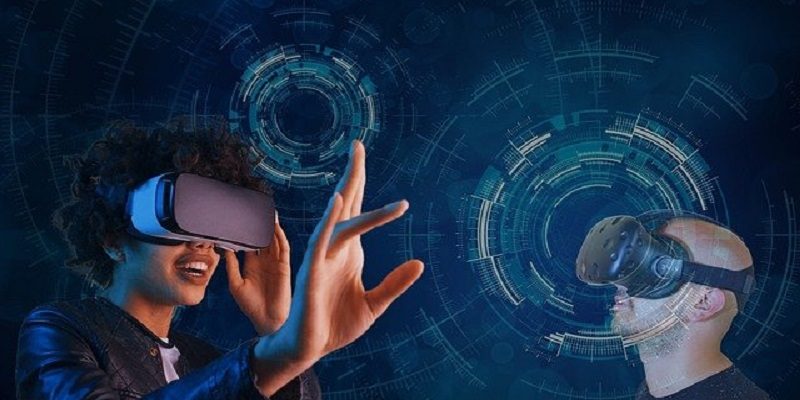Accenture’s Life Sciences Technology Vision 2022 report explores the technology trends that will transform how biopharmaceutical and medical technology companies solve manufacturing and device problems, improve equity in clinical trial participation and build more resilient supply chains to provide patients and healthcare professionals with more personalized experiences.
The metaverse is an evolving and expanding continuum on multiple dimensions — digital and physical — that comprises technologies including extended reality, blockchain, artificial intelligence, digital twins, non-fungible tokens, and smart devices. According to the report, life sciences leaders (91% of medical technology executives and 85% biopharma executives) expect the metaverse to have a positive impact on their organizations and nearly half of the biopharma executives surveyed believe the metaverse will have a breakthrough or transformational impact on their organizations.
Sameer Amte, lead for life sciences at Accenture in India, said, “As a spectrum of digitally enhanced worlds, realities and business models emerge, the metaverse is poised to revolutionize the future of life sciences industry. Driving the next wave of digital transformation, the metaverse can help companies provide more personalized experiences for both patients and healthcare professionals across the value chain such as sales, manufacturing, supply chain, training among others. For future growth and competitiveness, life sciences companies in India need to act now and build their capabilities for a new digital future enabled by the metaverse.”
To help life sciences companies design, execute and accelerate their metaverse journeys, Accenture recently launched the Accenture Metaverse Continuum business group, which combines metaverse-skilled professionals and market-leading capabilities in customer experience, digital commerce, extended reality, blockchain, digital twins, artificial intelligence, and computer vision.
In the report, four technology trends that underpin the metaverse continuum are explored.
- WebMe illustrates how the internet is being reimagined with the metaverse as a platform for digital experiences that provide boundless places where people can meet and interact, and Web3 is reinventing how data can be owned by individuals and moved with the person and not the platform. In the future, a new generation of digital devices will integrate into the metaverse and could include smart technology in everyday objects like home appliances, and ‘smart’ cars that provide salient data on healthy human behaviors along with medically regulated devices such as Donisi, which can simultaneously detect and analyze multiple bio-parameters.
- The Programmable World tracks how technology is being threaded through our physical environments in three layers: connected, experiential, and material. Nearly nine-in-10 of the MedTech and biopharma executives surveyed believe that programming the physical environment will emerge as a competitive differentiation in their industry. Augmented reality, 5G, ambient computing, 3D printing, and smart materials are converging in sophisticated ways, turning the physical world into an environment that is as smart, customizable, and as programmable as the digital one.
- The Unreal explores the “unreal” qualities that are becoming fundamental to artificial intelligence (AI), and even data, making the synthetic seem authentic. Synthetic data is being used to train AI models in ways that real-world data practically cannot or should not. Synthetic data can represent patient datasets for use in research, training, or other applications. This realistic (yet unreal) data can be shared, maintaining the same statistical properties while protecting confidentiality and privacy. It can be developed to accommodate increased diversity to counter bias, thus overcoming the pitfalls of real-world data. More than nine-tenths of biopharma (92%) and MedTech (91%) executives report that their organization is dependent on AI technologies to function effectively.
- Computing the Impossible is the emergence of a new class of machines — quantum computing — stretching the boundaries of what computers can do. Problems once thought impossible to solve because they require computing large, complex datasets are now in the realm of the possible. Nearly all the surveyed biopharma (94%) and MedTech (96%) executives agree that their organization is pivoting in response to the unprecedented computational power that is becoming available.
The Life Sciences Technology Vision 2022 report can be accessed here.







